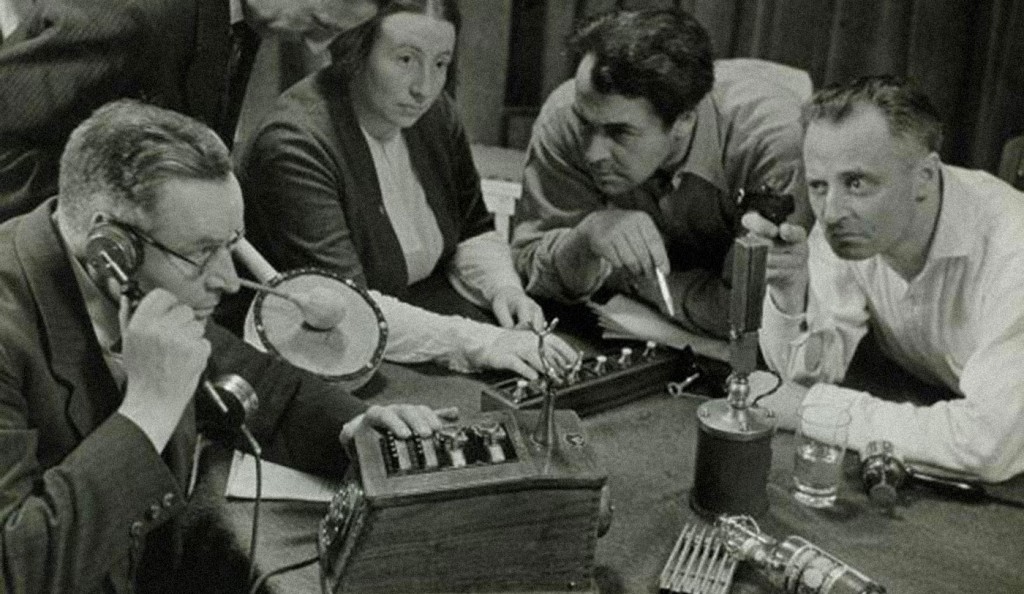Sharing Data, but Not Happily
Should consumers be able to control how companies collect and use their personal data?
At a dinner honoring privacy advocates this week in Washington, Timothy D. Cook, the chief executive of Apple, gave a speech in which he endorsed this simple idea. Yet his argument leveled a direct challenge to the premise behind much of the Internet industry — the proposition that people blithely cede their digital bread crumbs to companies in exchange for free or reduced-priced services subsidized by advertising.
“You might like these so-called free services,” Mr. Cook said during the event held by EPIC, a nonprofit research center. “But we don’t think they’re worth having your email or your search history or now even your family photos data-mined and sold off for God knows what advertising purpose.”










Last Comments